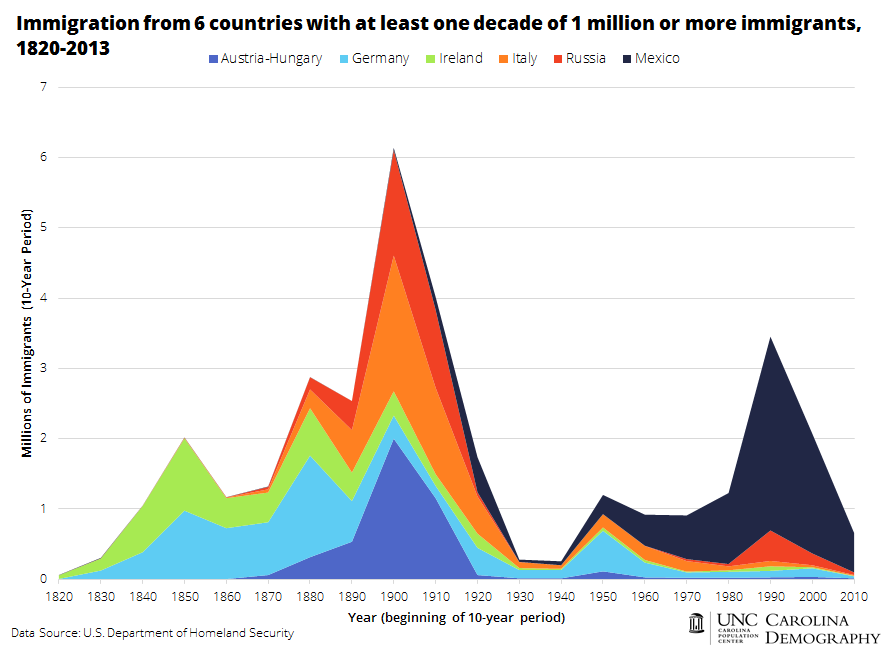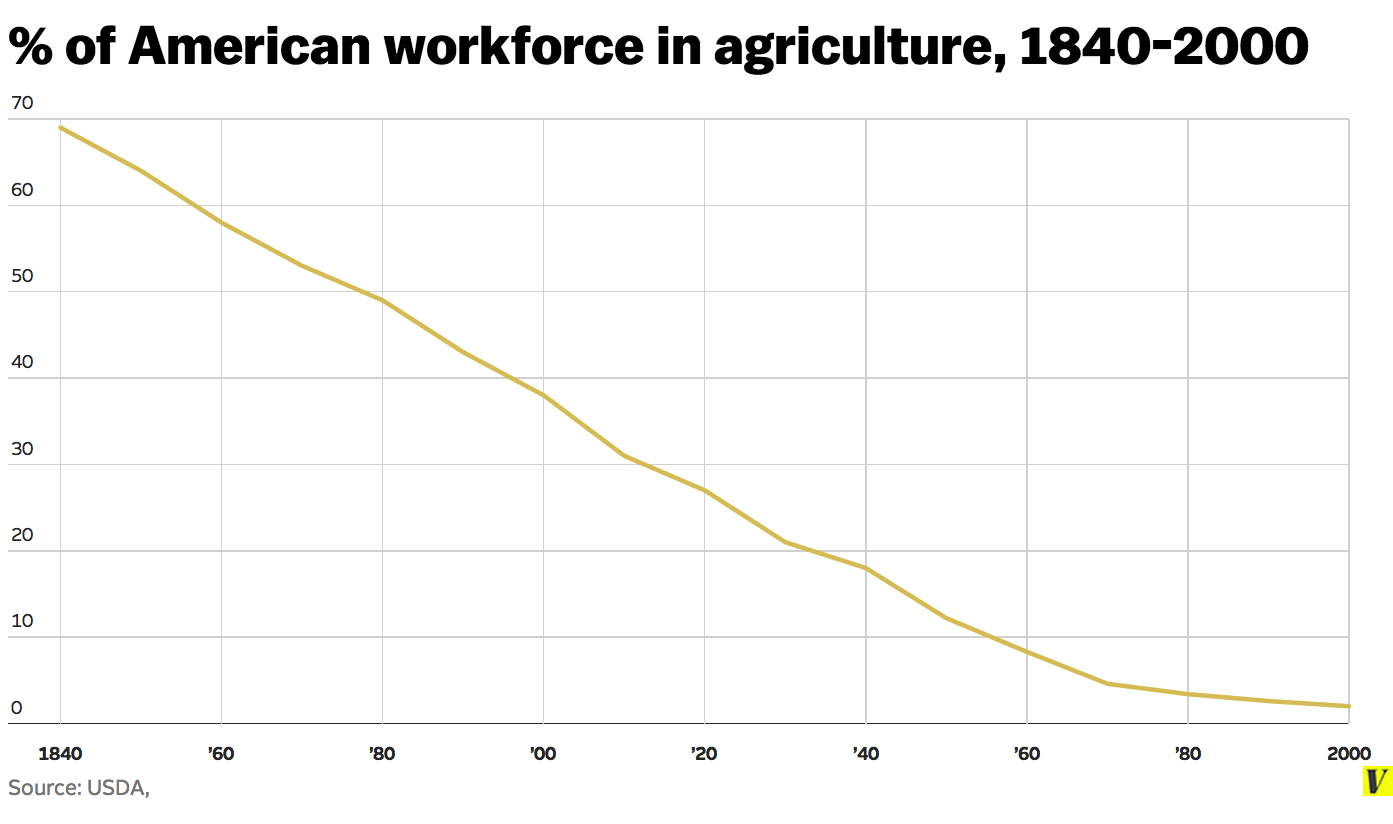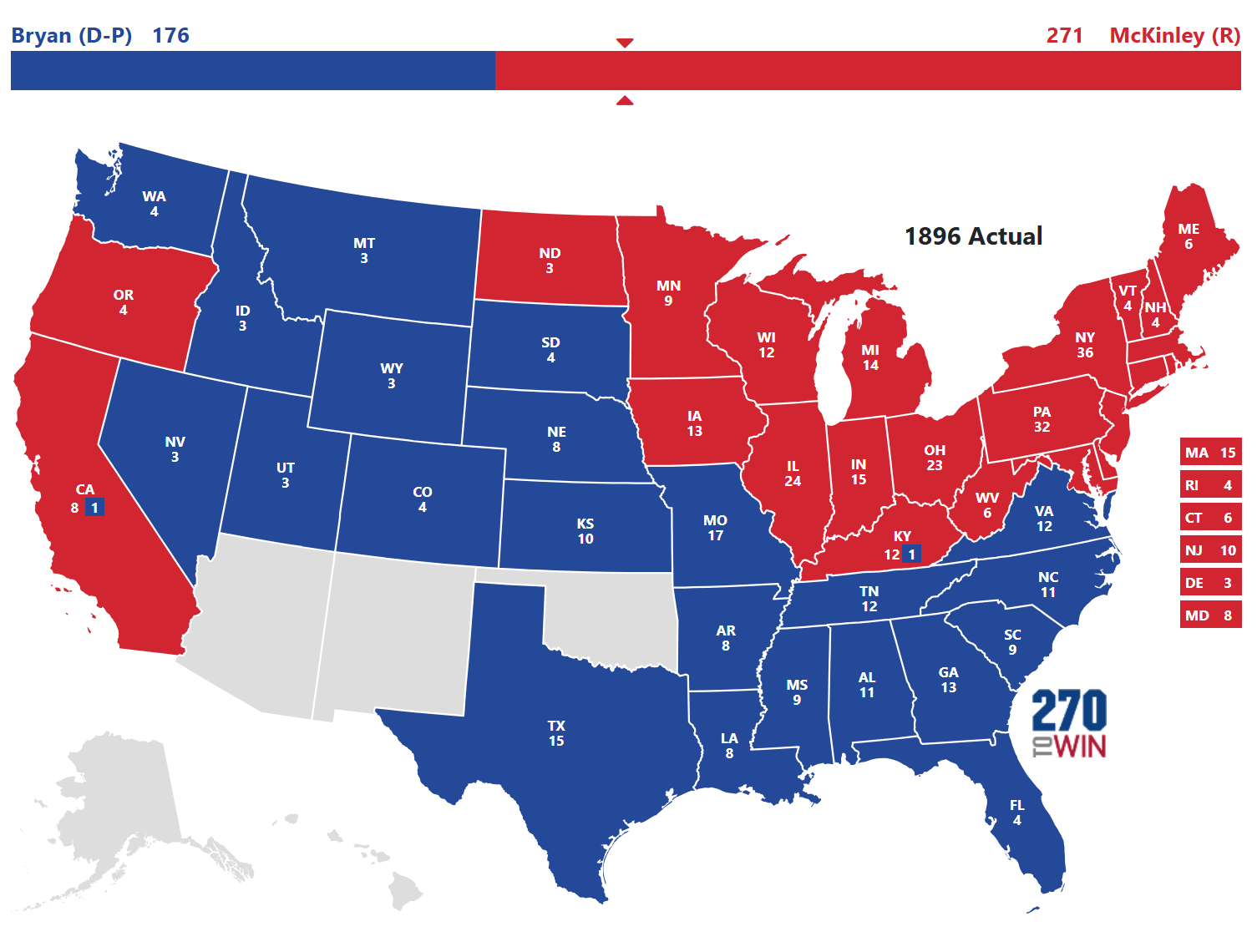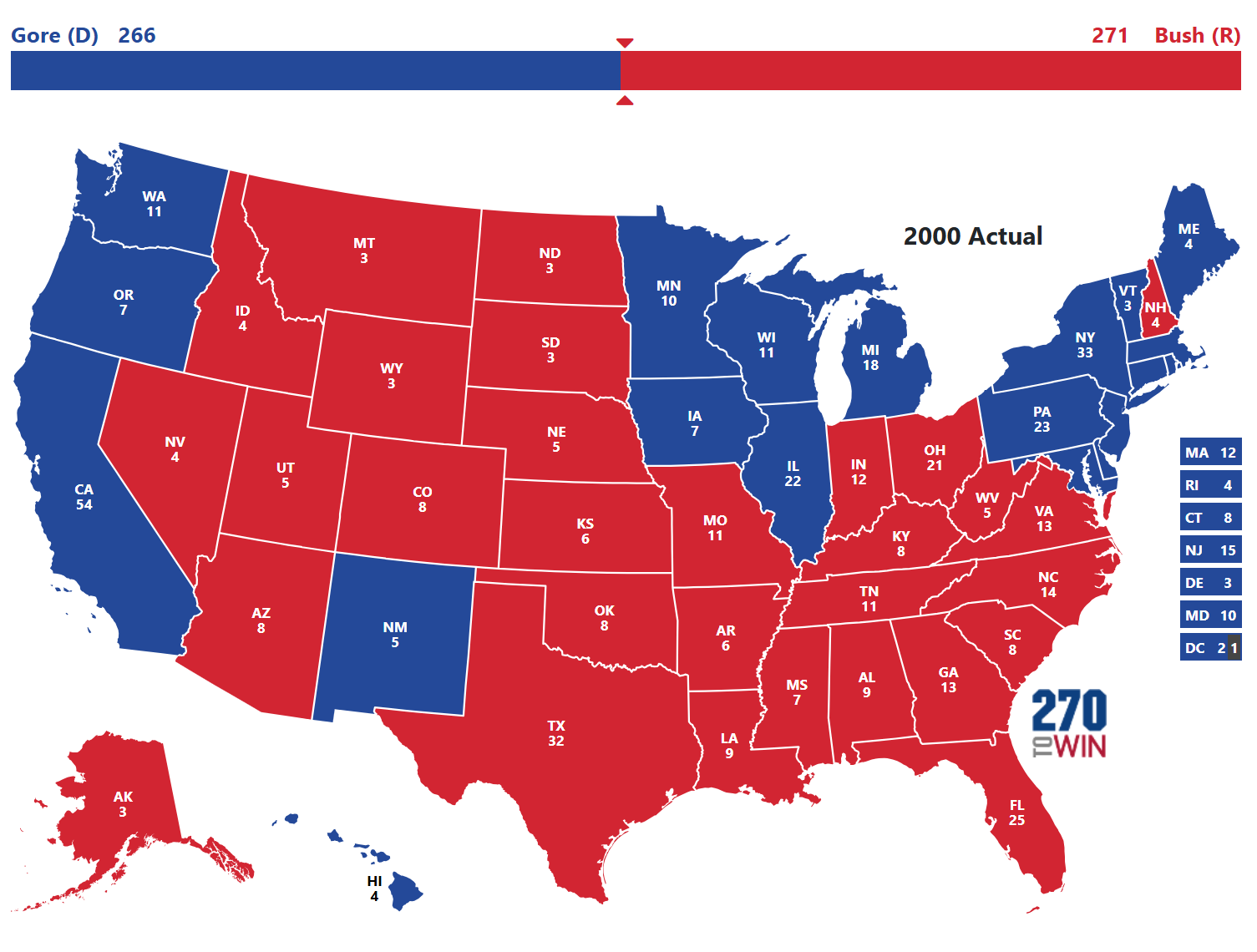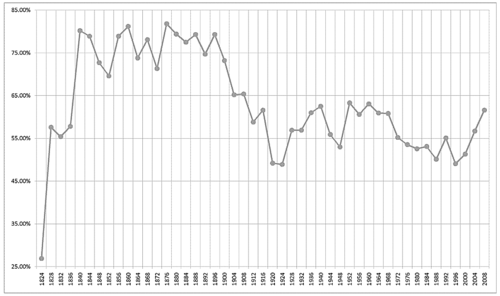On Friday, in a move no one saw coming, Christie endorsed Trump.
Here's the conclusion from a Slate article on Christie's endorsement:
"In the end, then, Christie is most likely backing Trump not out of spite toward Rubio (though that is certainly an added benefit), but instead for the same reason politicians on both sides of the aisle make most of their decisions—because it’s in their own self-interest. If Trump really does win the nomination, that’s the same reason we can expect many of those Republican who say they despise Trump today to eventually change their mind."
Though I mostly agree that Christie is acting out of self-interest because he wants a high level position such as Vice President or Attorney General, I cannot fully understand why Christie would risk his political career by being the first mainstream Establishment politician to endorse such a polarizing figure. Assuming that his hatred for Rubio had nothing to do with his decision and that he sincerely believed that this was his best chance to stay relevant in politics, I don't see how he believed that Trump could become the Republican nominee and beat the Democratic nominee in November. Right now, neither of those questions can be answered with any certainty. While I acknowledge that the former may be more likely if Trump wins big on Tuesday, I'd argue that not enough polls demonstrate that Trump could beat Sanders or Clinton in the general election and that this fact alone should make Republicans cautious before endorsing a candidate like Trump.
In my opinion, Christie made an extremely risky bet that is most likely not going to pay off in the long term. Unlike other candidates who can recover from past mistakes, I don't think Christie can recover from this particular one.








